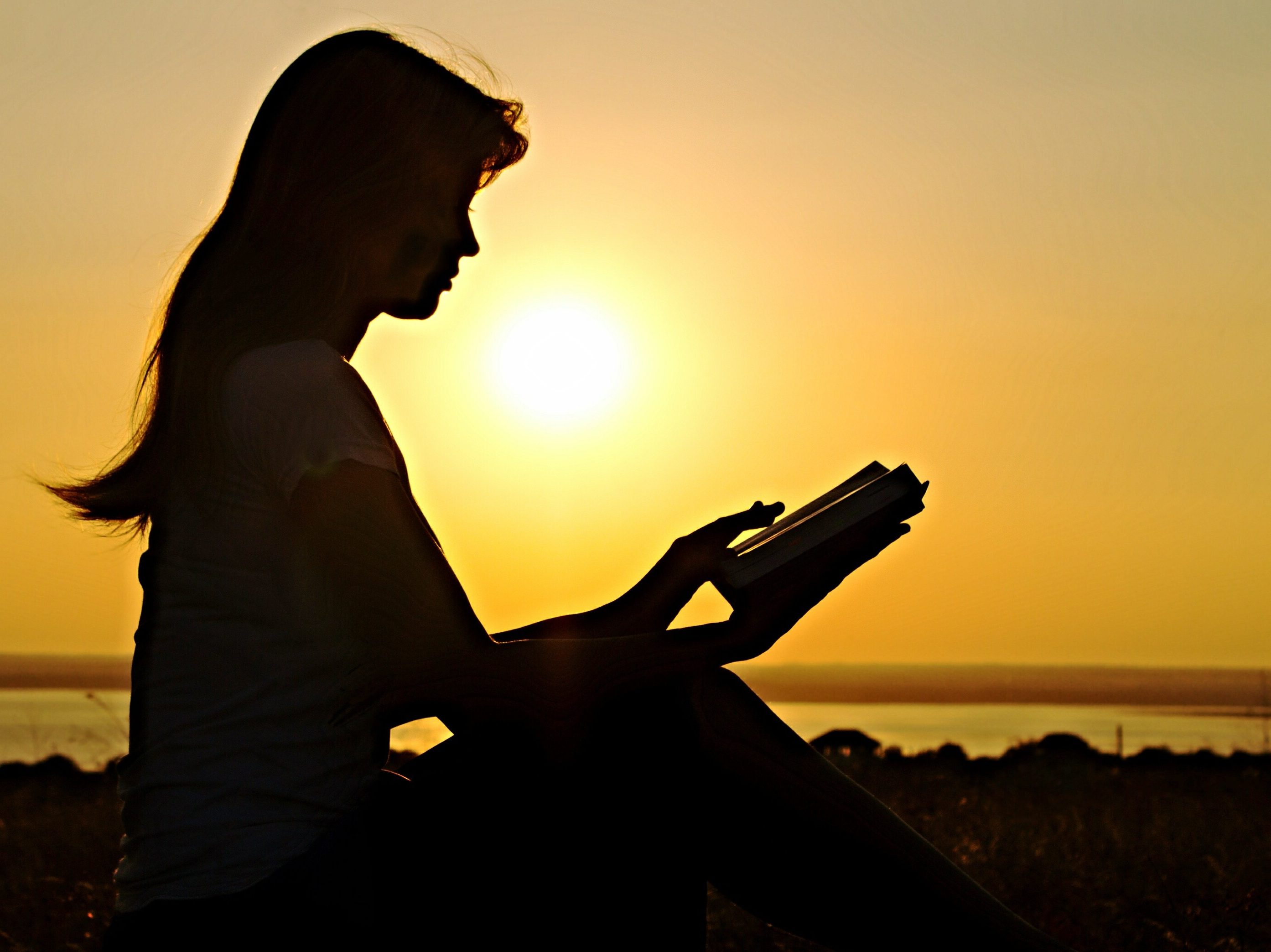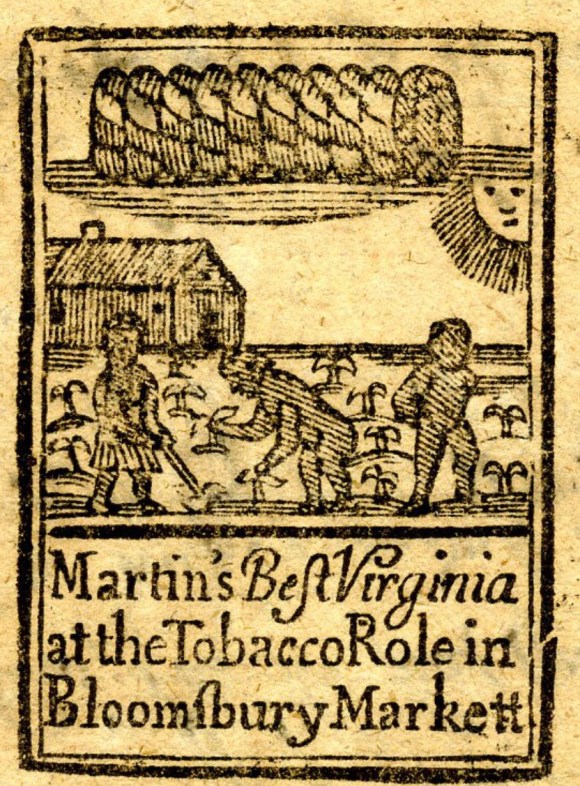Dear Reader,
My latest translation, Eve’s War: Operation Sherlock, in Spanish.

Through my gateway ancestor Barbara Aubrey (1637 – 1711) I am directly related to the Welsh nobility including The Lord Rhys, Yr Arglwydd Rhys, Prince of Wales. A ‘bit of a lad’ The Lord Rhys married twice, had eleven mistresses and fathered at least twenty-four children. A successful leader for over fifty years he was “a man of excellent wit and quick in repartee.”

My ancestor Rev William Aubrey (1573 – 1646) was the rector of Pendoylon parish church. William married Jane Mathews (1580 – 1650), whose line takes my ancestry back to Robert de Vere, the Third Earl of Oxford. Robert was a Surety Baron who witnessed the signing of Magna Carta.
Pedigree chart: Jeremy Crick.
My ancestor Humphrey Mathew (1567 – 1651) owned Castell-y-Mynach a late medieval mansion remodelled in the early seventeenth century and largely refenestrated in the late eighteenth-early nineteenth century. Humphrey married Mary Lewis.
This branch of my family leads to seven Magna Carta Surety Barons: Hugh le Bigod, Roger Bigod, Gilbert de Clare, Richard de Clare, John de Lacy, William de Mowbray and Saher de Quincy.
Looks like Magna Carta was our family gathering 🙂
Image: CBHC
The Iveson/Iverson branch of my family arrived in Britain with William the Conqueror in 1066 – the surname Iveson derives from Ives or Yves the French for yew or bow. Initially, they settled in the north of England, and Scotland. In Scotland they formed the Clan MacIver.
Born in 1586 in Edinburgh my ancestor Abraham Iveson migrated to Gloucester County, Virginia in 1636. He accompanied nineteen other settlers.
On 17 October 1636 Abraham was listed as a headright for James Vanerit who had acquired 1,000 acres of land in Elizabeth City County, Virginia from a Mr Stafferton. Stafferton was owed the land for providing the transportation of the twenty colonists, including Abraham.
Dated 26 April 1637, a bill of landing listing Joseph Clifton, a London merchant, showed goods conveyed on the Tristan and Jane of London to ‘Abraham Iveson, planter’, and several others. The settlers were in need of home comforts and supplies, which arrived on the trade ships from Britain. In return, those ships carried the planters crops, including tobacco.
The planers in Virginia were cultivating hay, cotton, wheat, peanuts, barely, but mainly tobacco. Captain Francis Willis owned 3,000 acres of land, four others including Abraham owned 1,000 acres, and fifty-five others owned smaller parcels.
A patent dated 10 June 1651 stated that Mr Abraham Iveson acquired 655 acres of land on the southwest side of the North River in Mobjack Bay, Gloucester County. As well as a landowner and planter Abraham was a member of the Virginia House of Burgesses, the elected lower house of the colonial Virginia General Assembly.
Abraham married twice, in Scotland Rebecca Gifford and later in Virginia (after Rebecca’s death), Joan Towson. He had six children: Hugh, Sarah, Richard, Lucy, Elizabeth and Abraham. He died in Virginia, in 1655.
After Abraham’s death, on 9 October 1677, his second wife Joan made a gift of an African slave girl to her grandson William, son of James Kay. William was to receive the slave girl when he came of age, and the children of this slave were to be bequeathed to James’ other children. Witnesses to this transaction were William Kay and Abraham’s son, also Abraham.
What to make of Abraham and his family?
At the beginning in the seventeenth century, many Scottish people emigrated to America, Australia, Canada, India, New Zealand and South Africa. These emigrants included freemen who left Scotland to promote trade or to set up military outposts and way stations for merchant ships. They also included people fleeing poverty and religious groups fleeing oppression. Abraham’s status in Virginia suggests that he was in the freeman category.
No surviving documents link Abraham to the tobacco trade, but given the size of his landholding and the fact that tobacco was the main crop cultivated in Virginia it seems fair to assume that he was involved in the tobacco trade. To make money from such a harmful drug is morally dubious, but maybe we can forgive Abraham in this instance because he was ‘of his time’.
You could also argue that his slave ownership was ‘of its time’, but I find that a flimsy argument. By ‘owning’ people and restricting their freedom he knew what he was doing. Maybe he was kind to his slaves – I hope so – nevertheless, he did own them.
Of my ancestors, Abraham is not alone in owning slaves in America and the West Indies. I will write about these ancestors in due course. Most of the ancestors I write about fill me with pride and I would love to have met them. Even though I’m not sure that I would have liked Abraham, I would have enjoyed talking with him too, if only to hear the moral defence of his position.
As ever, thank you for your interest and support.
Hannah xxx
For Authors
#1 for value with 565,000 readers, The Fussy Librarian has helped my books to reach #1 on 31 occasions.
A special offer from my publisher and the Fussy Librarian. https://authors.thefussylibrarian.com/?ref=goylake
Don’t forget to use the code goylake20 to claim your discount 🙂







3 replies on “Dear Reader #120”
Wow, it’s just phenomenal and so fascinating the amount of work you have done on your heritage, Hannah. Well done you!
LikeLiked by 1 person
Thank you, Grant. I’m delighted that you find the articles interesting.
LikeLike
Reblogged this on Grant Leishman – Author.
LikeLiked by 1 person